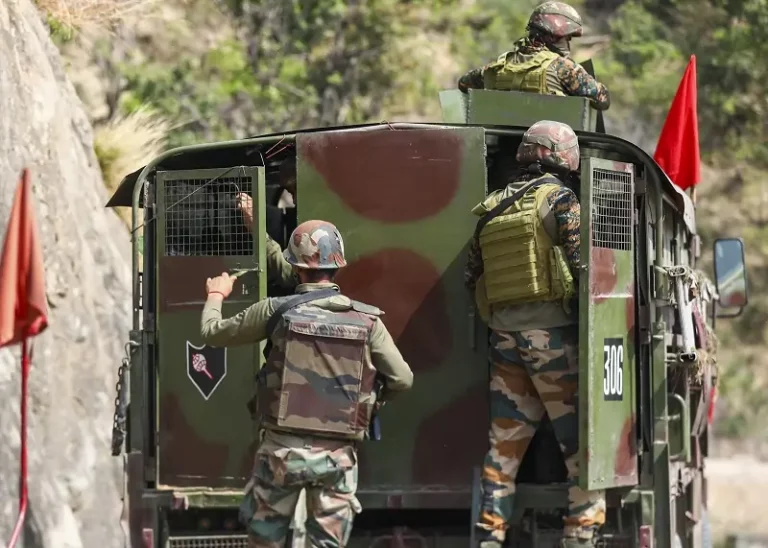A recent viral audio clip featuring a confrontational exchange between a loan recovery agent and an Army soldier has ignited significant public outrage. The audio, which has circulated widely on social media, captures a conversation where the agent allegedly uses abusive and derogatory language towards the soldier over outstanding loan repayments.
In the recording, the woman, who has been identified online as Anuradha Verma from HDFC Bank, can be heard chastising the soldier for delays in repaying his loan. The soldier raises concerns about the exorbitant interest he is being charged, questioning how he could owe ₹16.23 lakh on a loan of ₹15.85 lakh. Instead of addressing his concerns, the agent’s response quickly devolves into personal insults, insinuating that his military service is linked to a lack of education. She dismissively remarks, “If you were educated, you’d be working in a good company. You’re illiterate, that’s why you’ve been sent to the border.”
The conversation escalates as the agent makes further offensive comments, even suggesting that the soldier’s profession results in physical deformities in children and stating, “That is the reason your kids are born disabled and you guys die at the border.” This shocking disregard for the soldier’s sacrifice and the challenges faced by military families has sparked outrage among netizens.
Despite the soldier informing her that he had recorded the conversation and would take legal action, the agent continued her tirade, claiming extensive experience working with CRPF clients and downplaying his grievances.
The backlash against the agent’s comments has been swift, with social media users demanding accountability and urging HDFC Bank to take action against those who disrespect members of the Armed Forces. Many have labeled her comments as disrespectful and called for systemic changes in the treatment of military personnel.
In response to the growing criticism, HDFC Bank issued a statement attempting to distance itself from the incident, claiming that the individual in question is not an employee of the bank. The bank’s clarification has done little to quell public concern as the matter has highlighted broader issues related to debt recovery practices and the treatment of service members facing financial difficulties.
This incident has reignited essential discussions about the responsibilities of debt collectors, the need for accountability in financial practices, and the ongoing challenges faced by soldiers and their families as they manage financial obligations while serving on the frontlines.







